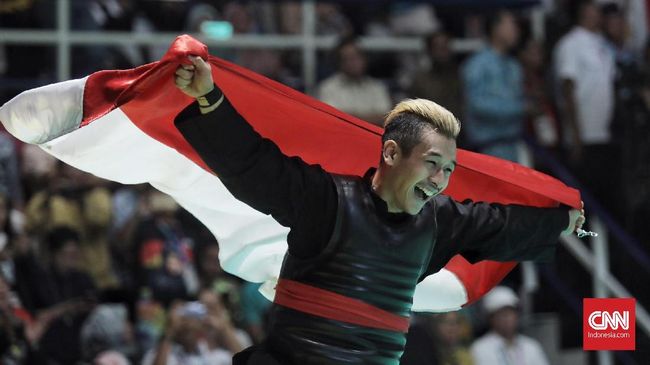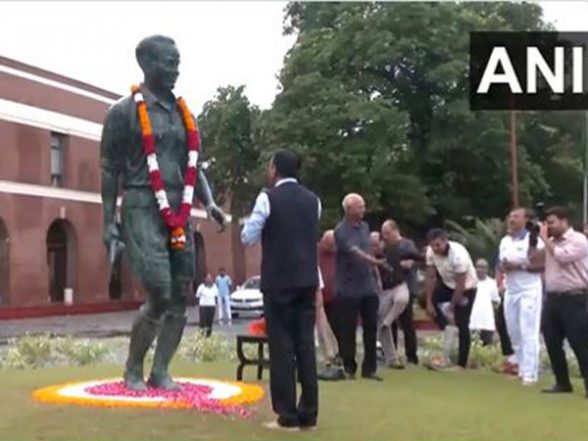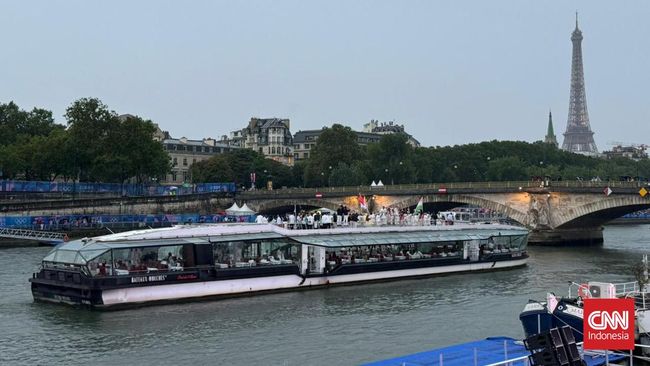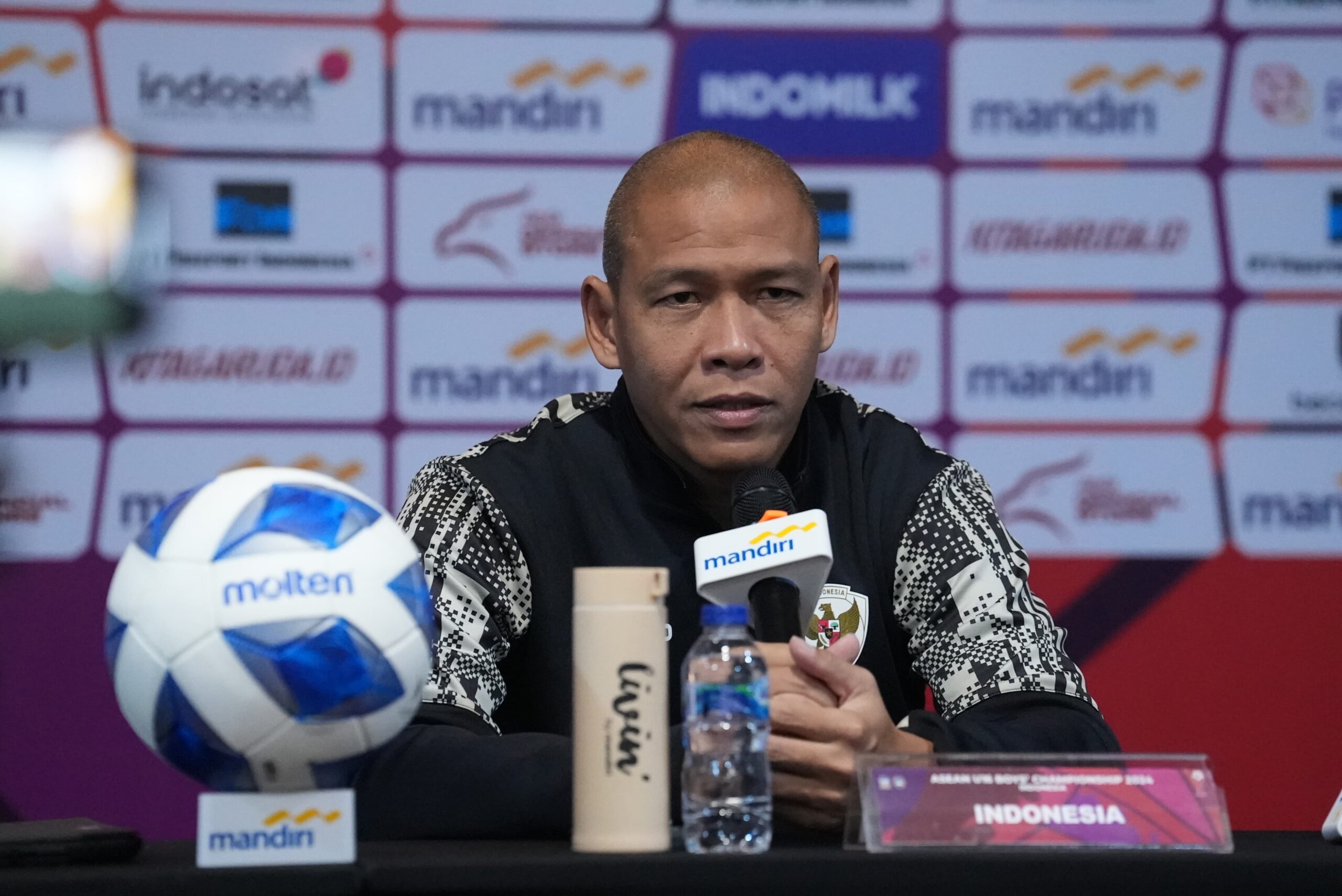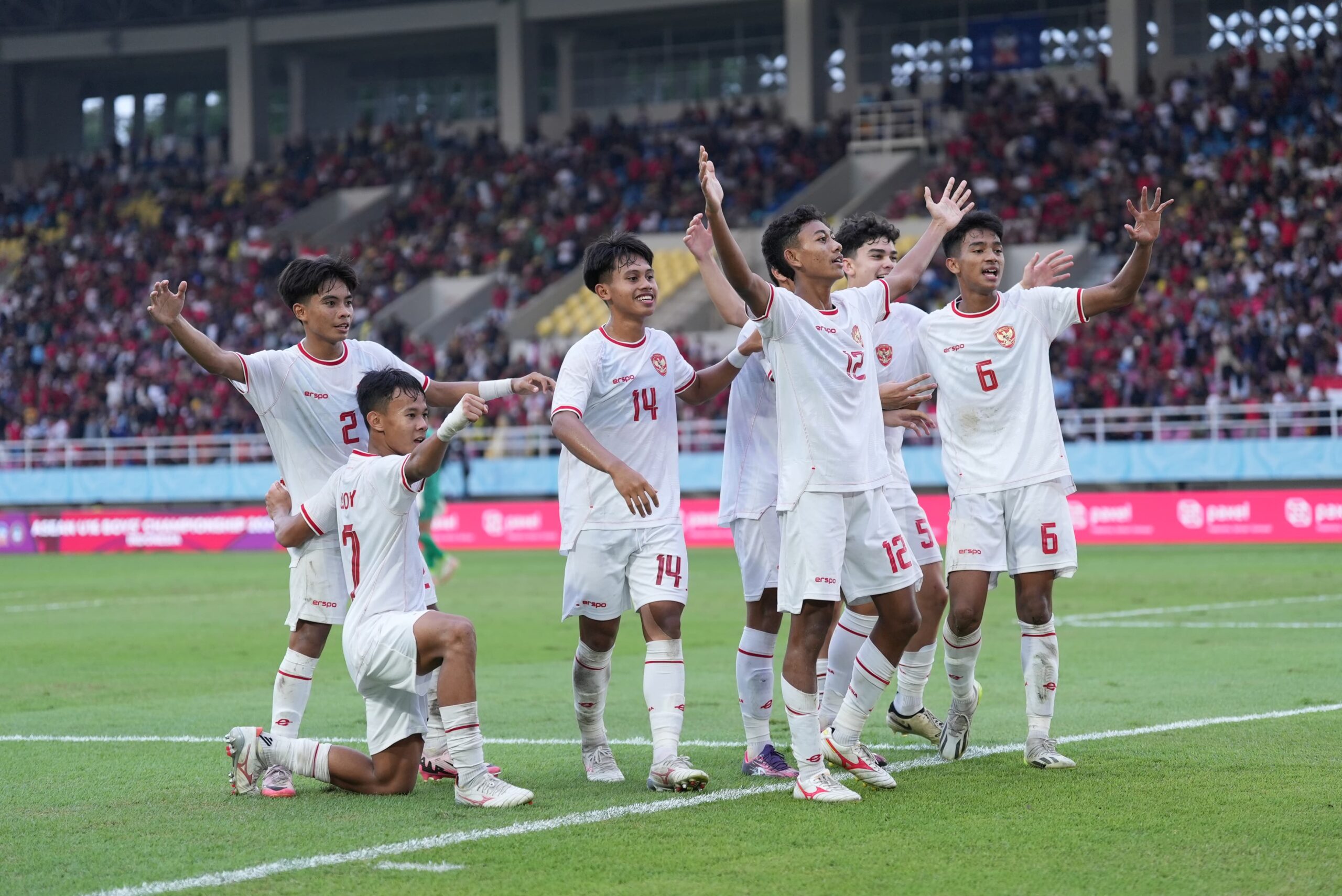“Sport has the power to change the world. It has the power to inspire. It has the power to bring people together in a way no one else can.”
This was the excerpt from the speech of the great South African leader Nelson Mandela during his statement at the Laureus Sports Awards ceremony in 2000.
At that time, Mandela wanted to convey that sport can be a unifier in the midst of all differences as well as a tool to destroy the discrimination that undermines the joints of social life.
Sport has a long experience as a unifier. When the first edition of the Olympic Games was launched in 1896, no less than 14 countries successfully met in one place and at one time. The spirit of unity through sport is the reason the Olympic Games were created.
The sport through the Olympics was recorded as a peace event when it was held in 1920 after World War I. Likewise with the 1948 Olympics after World War II. Countries that initially fired on each other on the battlefield could return to the same location and fly their flags side by side.
National sports watcher Eko Noer Kristiyanto believes that sports are still relevant in bonding brotherhood in Indonesia. He saw the role of sport as evolving from being more than just a healthy body to a symbol of peace.
“In modern times, sport is a way for state flags to fly. So through sport, nations are not superior, but one,” Eko told CNNIndonesia.com.
Through sport, both armies of the German and British armies were able to lay down their arms so they could play football together during the “Christmas truce” or Christmas Eve truce in 1914 amid the outbreak of World War I world.
Likewise, Didier Drogba’s role was able to stop the civil war in Ivory Coast when he led his country to qualify for the 2006 World Cup.
|
Didier Drogba could stop the civil war raging in Côte d’Ivoire. (AFP/PATRIK STOLLARZ)
|
Sport as a unifying media for Indonesia
Sport was recorded as a vector of national unity long before independence. This was proven by the establishment of the PSSI on April 19, 1930. The founding personalities from various parts of Indonesia agreed to uphold the mission of unity through football.
Decades later, the humanism in sport is still felt. In 2017, three Bali United players namely Ngurah nanak, Yabes Roni and Miftahul Hamdi celebrated a goal with their respective religious backgrounds.
Similarly, when martial arts athlete Hanifan Yudani Kusumah caught the eye after hugging Prabowo Subianto and Joko Widodo after winning gold at the 2018 Asian Games. This humanistic moment cooled the heat of the Indonesian politics ahead of the 2019 presidential election.
Eko highlighted the role of sport as a unifying tool to carry Indonesia’s name on the international stage. Because in the context of football, the fanaticism of club fans is felt, but when they brought the name of the Indonesian national team, the difference suddenly disappeared.
“There is therefore a kind of paradox when we defend the club we are divided, but when we carry the name of the national team we are united. It is the role of sport which can destroy negative energy”, said he said.
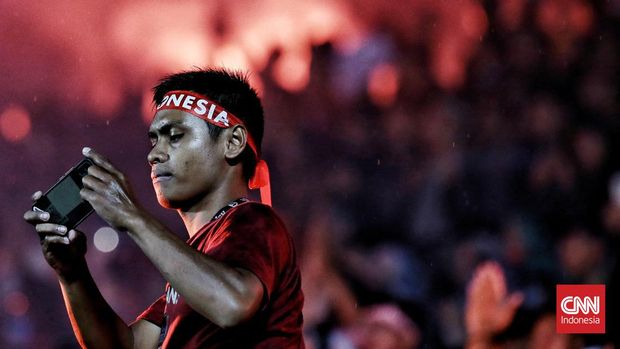 Although they are often at odds at the club level, the fans are seen as able to unite when supporting the Indonesian national team. (CNN Indonesia/Andry Novelino) Although they are often at odds at the club level, the fans are seen as able to unite when supporting the Indonesian national team. (CNN Indonesia/Andry Novelino) |
Welcoming Indonesia’s 77th Independence Day celebration, it’s time for sport to be used as a spearhead for peace. The existing track record proves that through sports, the people of Indonesia can unite differences in favor of the same flag color.
“Sport is a universal manifestation that it is a human thing. If associated with Jokowi’s speech today [16 Agustus] When it comes to identity politics, disputes should be merged with sports,” Eko said.
“Sport as a unifying tool is appropriate. Because differences can fade by having a name, if we are Indonesian, of course,” he concluded.
[Gambas:Video CNN] (ikh/ptr)

“Thinker. Food advocate. Incurable coffee enthusiast. Communicator. Proud student. Zombie buff. Tv fanatic. Extreme troublemaker.”

